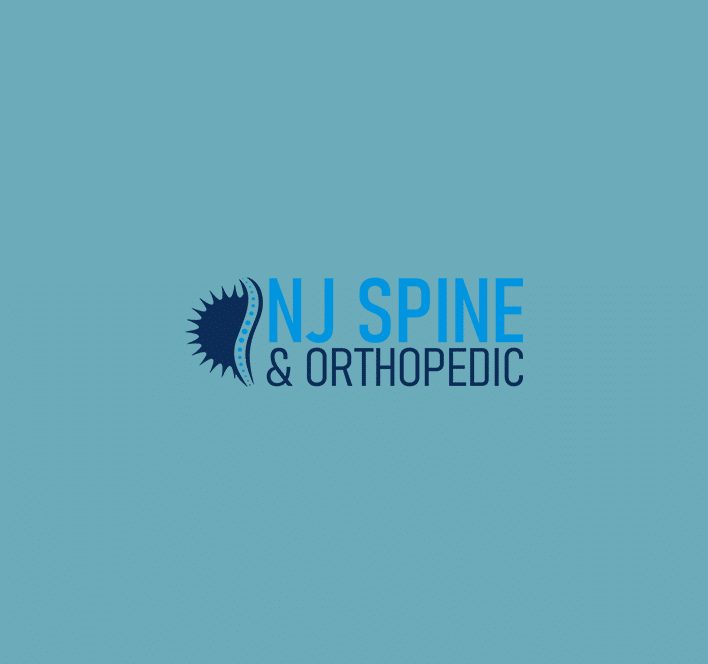Marked by an array of possible symptoms that can range from a dull ache to sharp pain to a burning sensation, sciatica, or sciatic nerve pain, is caused by pressure on the sciatic nerve typically either by herniated disk tissue or a bone spur on the spine. Pain can run the distance of the nerve’s path, from the lower back, through the hips and buttocks and down the leg all the way to the feet. NJ Spine and Ortho can help you relieve this pain.
While sciatica can’t be predicted, there are several known risk factors, including:
- Age: Changes that occur in the spine as we age, including herniated disks and bone spurs, are the most common causes of sciatica. When the disks that cushion your vertebrae bulge outward or break into pieces, it can place pressure on the sciatic nerve.
- Obesity: Extra weight compounds the stress placed on your spine. This can contribute to the spinal changes that trigger sciatica.
- Diabetes: Diabetes affects the way your body uses blood sugar, which can boost your risk of nerve damage and increase the chance of sciatica developing.
- Your job or daily routine: A job or daily routine that involves back-twisting movements, carrying heavy loads, driving or sitting at a desk for long periods of time can place stress on your spine. Though there’s no conclusive evidence, medical experts believe this may contribute to sciatica.
- Spinal injury or trauma: An injury or trauma to the spine that results in a ruptured intervertebral disk can place pressure on the sciatic nerve.
- Spinal stenosis: This spinal cord condition involves a narrowing of the areas along the spinal canal, which also can put extra pressure on the sciatic nerve.
Mild cases of sciatica typically resolve themselves with time. However, if pain persists for longer than a week or becomes progressively worse, you may want to see a spine specialist to discuss your options, which could include a minimally-invasive orthopedic procedure to treat nerve pain. You definitely should get medical attention if you experience sudden, severe pain in your low back or leg and numbness or muscle weakness in your leg, particularly following a violent injury such as a traffic accident or fall; or if your pain is accompanied by trouble controlling your bowels or bladder.
If you believe you’re suffering a case of sciatica, call 855-586-2615 to schedule a consultation with NJ Spine and Orthopedic.

